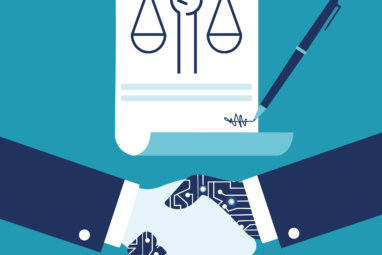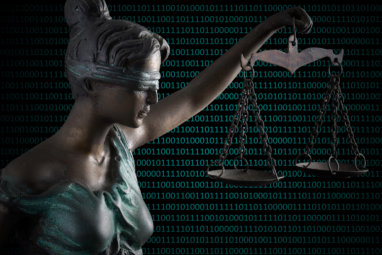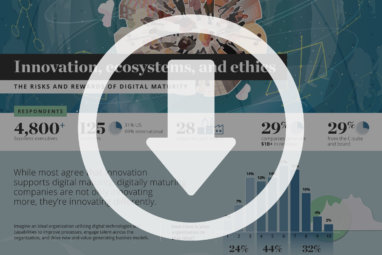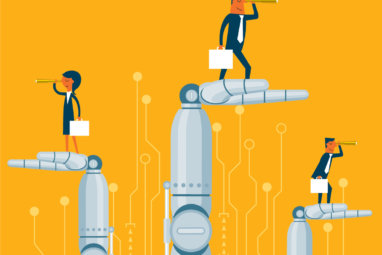
Innovation Strategy
The Best of This Week
How to boost innovation capacity and institutional pride, and addressing tech inequity and the ethics of automation.


How to boost innovation capacity and institutional pride, and addressing tech inequity and the ethics of automation.

The increasing adoption of AI and robots has implications for jobs, biases, and data privacy.

Disruption detection and delusions, ethical implications of new technologies, and nudge engines.

Executives face a new ethical paradigm as technology reshapes value chains across industries.

MIT SMR authors David Bray and R “Ray” Wang discuss how people-centered design principles can serve as a framework in AI implementation.

Just because a company can build an AI-infused product doesn’t mean it should.

The speed at which digital news travels means leaders must look carefully at potential risks.

Some want big tech companies broken up. Others call for stiffer industry oversight. Who’s right?

The winner of the 2018 Beckhard Prize is “Building an Ethically Strong Organization,” by Catherine Bailey and Amanda Shantz.

To avoid bias, people-centered design principles must be the foundation of deep-learning algorithms.

The time when companies could simply ask the world to trust AI-powered products is long gone.

Organizations can use their own histories to strengthen their cultures.

Combining cutting-edge AI and MIT expertise, the Culture 500 provides a nuanced picture of corporate culture in the world’s top organizations.

Tim O’Brien explains his role as Microsoft’s first full-time manager for AI policy and ethics.

Cognitive speed bumps in AI design can prompt users to engage in reflective thought.

An infographic explores the risks and rewards of digital maturity.

Should there be a moral imperative to consider what’s fair when making a business transaction?

How can — and should — managers bring ethical questions into their decision-making?

Getting started with AI means understanding its capabilities, its limitations, and the ethics of its use.

Until regulations catch up, AI-oriented companies must establish their own ethical frameworks.